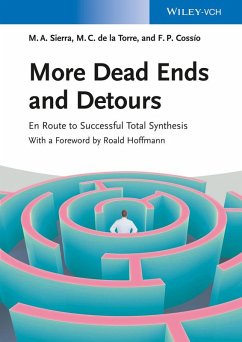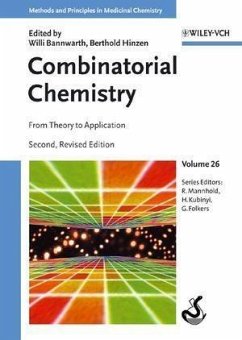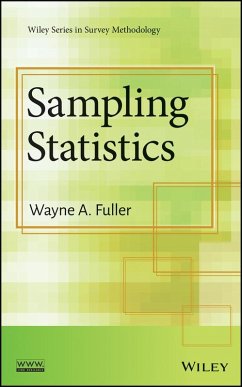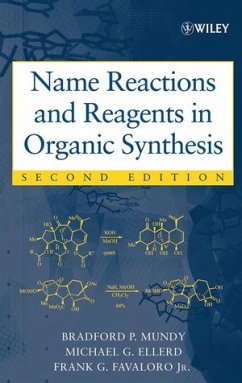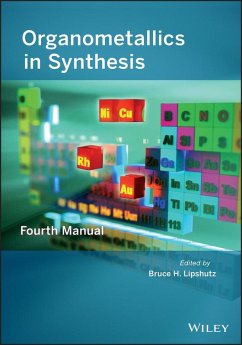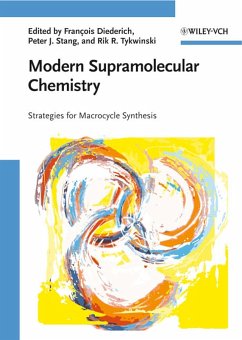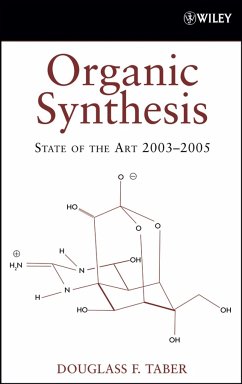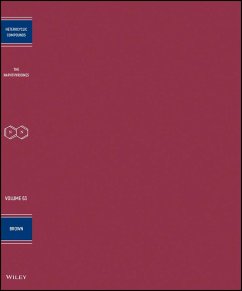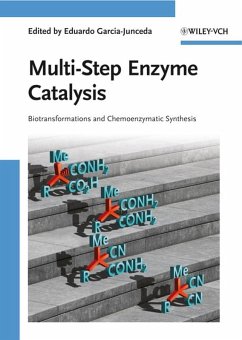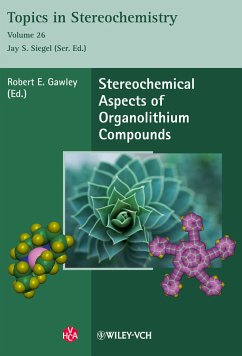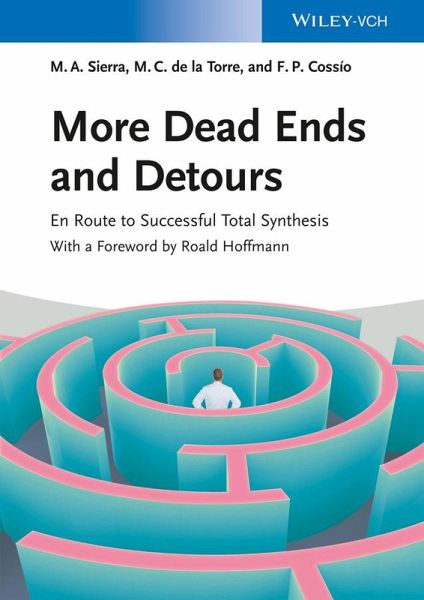
More Dead Ends and Detours (eBook, PDF)
En Route to Successful Total Synthesis
Versandkostenfrei!
Sofort per Download lieferbar
70,99 €
inkl. MwSt.
Weitere Ausgaben:

PAYBACK Punkte
0 °P sammeln!
Success comes in many forms and in synthesis it can be a failure that results in their ultimate successful solutions. This long-awaited sequel to "Dead Ends and Detours" retains the proven concept while featuring over 20 new case studies of failed strategies and their (successful) solutions in natural product total synthesis. Additionally, computational models are used to discuss the problem in much more detail and to provide readers with additional information not found in the primary literature. The topics range from classic synthetic reactions (e.g. Diels Alder reaction), metal-mediated cou...
Success comes in many forms and in synthesis it can be a failure that results in their ultimate successful solutions. This long-awaited sequel to "Dead Ends and Detours" retains the proven concept while featuring over 20 new case studies of failed strategies and their (successful) solutions in natural product total synthesis. Additionally, computational models are used to discuss the problem in much more detail and to provide readers with additional information not found in the primary literature. The topics range from classic synthetic reactions (e.g. Diels Alder reaction), metal-mediated coupling reactions, metathesis, and asymmetric catalysis to the importance of protecting and activating groups. This book will benefit not only graduate students in organic chemistry but also advanced researchers as they gain knowledge derived from the step-by-step analysis of mistakes made in the past and, thus be able to improve their own chemical reaction planning. With its coverage of the most commonly applied reaction types, the book perfectly complements its predecessor, which focuses on general aspects, such as reactivity and selectivity.
Dieser Download kann aus rechtlichen Gründen nur mit Rechnungsadresse in D ausgeliefert werden.




